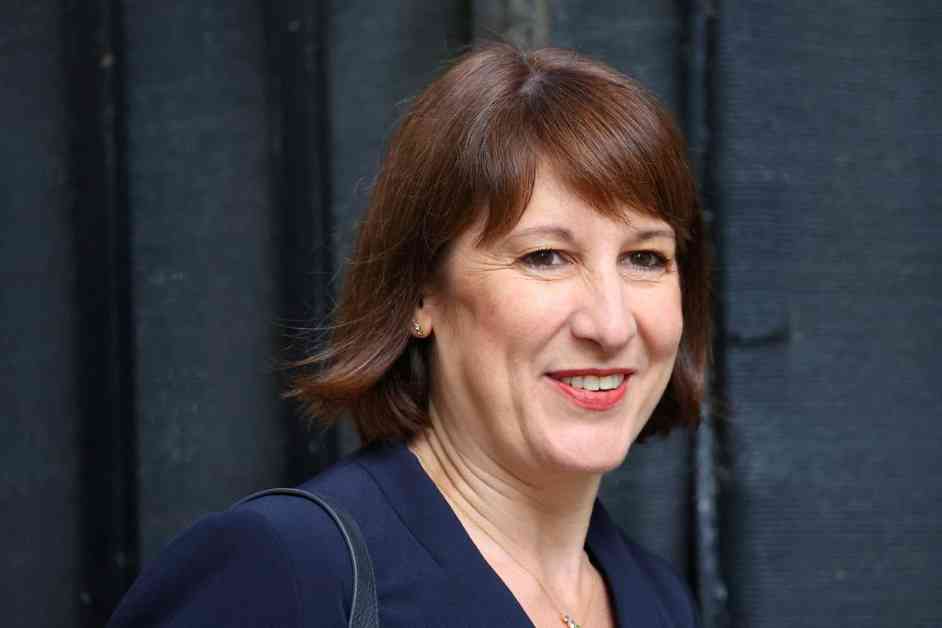Chancellor Rachel Reeves is considering raising alcohol duties in the upcoming Budget, according to recent reports. The potential increase in taxes on beer, wine, and spirits is part of a plan to address the public finances. It has been projected that raising alcohol duty could generate an additional £800m in revenue next year.
While alcohol duty typically rises each year in line with inflation, forecasts indicate a possible increase of more than 6 percent, exceeding the Retail Price Index (RPI) measure of inflation set at 2 percent for the next year. However, industry experts have raised concerns that higher prices could lead to a decrease in tax revenue if consumers choose to purchase less alcohol.
Chancellor Rachel Reeves has emphasized the need to make tough decisions on tax, spending, and welfare due to a significant £22bn deficit in public finances this year. Recent announcements, such as the removal of winter fuel allowance payments for most pensioners and the postponement of a cap on social care costs, reflect the government’s efforts to address the financial challenges.
Health charities have also urged the government to consider implementing additional taxes on sugar and salt in junk food. However, the proposed increase in alcohol duty has faced criticism from the drinks industry. Miles Beale, the chief executive of the Wine and Spirits Trade Association, highlighted the negative impact of last year’s duty hike on businesses, consumers, and government revenue.
While the Treasury has refrained from commenting on specific tax changes outside of official fiscal events, the potential implications of raising alcohol duties remain a topic of debate. As the government grapples with the economic fallout of the pandemic, the decision on alcohol duty could have far-reaching consequences for both the drinks industry and consumers. Stay tuned for updates on the Budget as Chancellor Rachel Reeves navigates the complex landscape of public finances and taxation.












